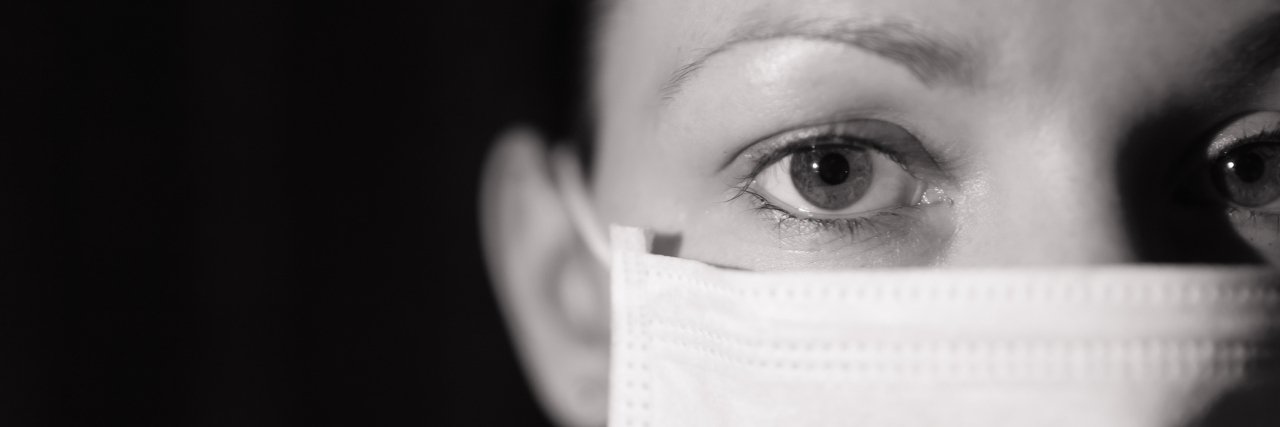The tricky part about mental health is learning how to balance your work life when you are struggling. I am a registered nurse at a hospital in an acute cardiac setting, and I struggle with high functioning bipolar 1 disorder. The unit I work on can be a very stressful environment. I believe that I have become a good nurse over the years, and can handle everyday stresses…but when I’m not feeling 100 percent with my mental health, things can get a little difficult.
• What is Bipolar disorder?
I’ve worked in the past when I am hypomanic, because sometimes I don’t realize I’m sick until I start working. I’m anxious that I’m going to make a mistake, hyperactive, too intense with my co-workers, and I have a heightened sense of self, meaning: I think I’m the best nurse ever. It feels good and scary at the same time. I have energy for days, and am hyper focused and diligent with everything I do.
The hard part is, I have all that energy but I’m still exhausted under the surface. I’m constantly assessing myself to see if I’m safe to be at work. I’m always second guessing how I respond to my co-workers, doctors, supervisors, and anyone on the interdisciplinary team. Am I being appropriate? Am I being reasonable? What if they notice that I’m not myself? Does everyone notice?
The truth is, I should avoid being at work when I’m hypomanic. It’s just that sometimes I find that a switch goes off when I’m at work and I have to learn how to manage my symptoms, because it’s not fair to just leave the unit and leave everyone short staffed. It would involve me creating a scene and having to tell people I work with that I’m struggling with my mental health. That sense of vulnerability can exacerbate my symptoms even worse. I have left work in the past when I was hypomanic, but that was because the symptoms were moderate and I had a hard time concentrating on my paperwork. I did not feel safe to be there.
That’s why I am constantly assessing myself. It’s for my own safety and the safety of my patients. At work, we deal with heavy medications (like narcotics) that can require a high level of concentration when administering to my patients. That time that I left early was because I felt that my concentration was shifting and I was unsafe to practice medicine. Self assessment is so important, because my patients safety is always my number one priority.
Sometimes I can be in a stable form of hypomania, where I don’t feel myself slipping and I’m still in control…but other times I have to understand how to prioritize my health, and realize it’s best to just stay home.
This story originally appeared on Memoirs of a Manic.
Getty image via kieferpix.

